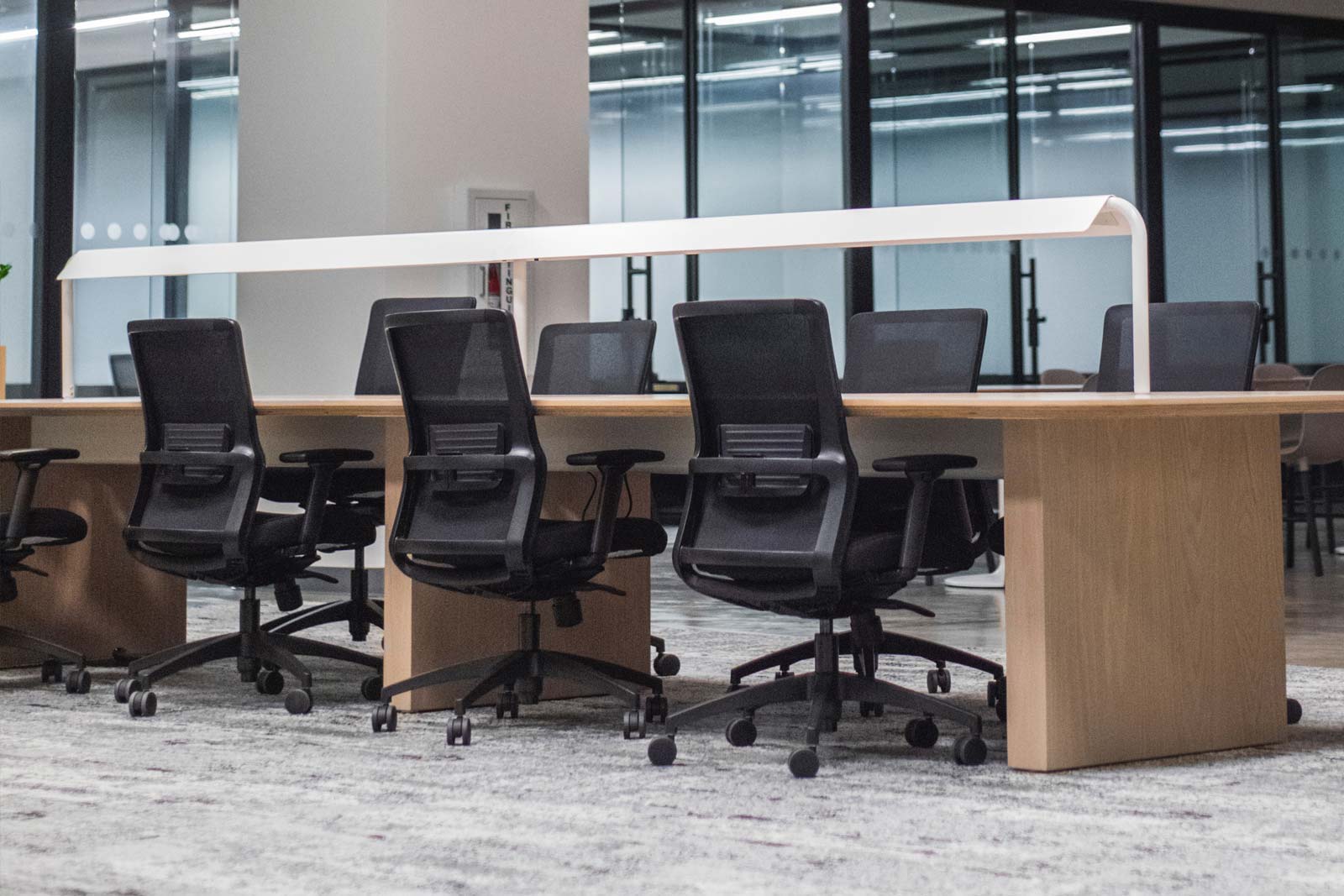Is COVID-19 Impacting Your Commercial Lease?
As the COVID-19 lockdown bites into New Zealand businesses, you may have questions about your commercial lease. If you are facing this issue, it’s important to get legal advice before committing to a position, whether you’re a commercial landlord or a tenant.
Commercial Leasing – Is rent and outgoings still payable during the COVID-19 lockdown
By Arthur Chung
In a bold move to eradicate COVID-19 from NZ, a nationwide lockdown was implemented at 11:59 pm on 25 March 2020 forcing non-essential businesses to close. NZ is now at Alert Level 4 and a state of emergency has been declared.
A number of our clients have asked us whether the Tenant’s obligation to pay rent and outgoings under their lease continues during the lockdown. The starting point will be the provisions of the lease in each case.
In the current version of the ADLS lease (Sixth Edition 2012(5)), there are “No Access in Emergency” provisions (clauses 27.5 and 27.6). These clauses were added in response to the redzone cordons implemented in Christchurch following the 2011 earthquakes.
The COVID-19 pandemic falls within the definition of an “emergency” (as defined in the ADLS lease) and the lockdown measures now in effect do, in my view, bring into effect clause 27.5. Clause 27.5 states:
“If there is an emergency and the Tenant is unable to gain access to the premises to fully conduct the Tenant’s business from the premises because of reasons of safety of the public or property or the need to prevent reduce or overcome any hazard, harm or loss that may be associated with the emergency … then a fair proportion of the rent and outgoings shall cease to be payable for the period commencing on the date when the Tenant became unable to gain access to the premises to fully conduct the Tenant’s business from the premises until the inability ceases.”
The issue for both Landlords and Tenants will be to agree or have determined what “a fair proportion” should be in each case. Each situation ought to be considered on its own merits. Some affected businesses may have no access at all but be eligible to receive financial relief from the Government’s initiatives. There will also be some Tenants that are considered essential services but may be required to operate their business under certain restrictions and therefore not able to “fully conduct” its business from the premises.
I would argue that both parties would have a duty to mitigate their respective loss as part of the assessment of what “a fair proportion is” but what mitigation steps can be taken will differ in each case.
What is certain is that the ceasing of the rent and outgoings will operate as an abatement rather than a deferred payment scheme. (That is, the unpaid rent and outgoings would not accumulate as a debt to be repaid later.)
Notwithstanding clause 27.5, Tenants should not cease to pay rent and outgoings unless they have first reached agreement with their Landlords as to what a fair proportion of abatement would be. Otherwise, Tenants that do so will be in breach of clause 1.1 which provides that rent is to be paid without any deduction or set-off on the rent payment dates.
Given the extraordinary circumstances we face, the most pragmatic approach would be for Landlords and Tenants to engage early on this issue, having regard to the terms of their leases. A flexible approach may be needed as we do not know how long we will be at Alert Level 4.
If the lockdown period continues beyond the agreed no access period set out in the lease, then either party may cancel the lease under clause 27.6. The default no access period is 9 months but individual leases may specify different periods.
This article only addresses my views on the contractual position under the current version of the standard ADLS lease and the situation will be different in older ADLS leases or leases based on different forms (such as the PCNZ leases or bespoke institutional leases).
If you are facing this issue and unsure of the legal position under your lease, I would urge you to get legal advice before committing to a position with your Landlord or Tenant (as the case may be).



